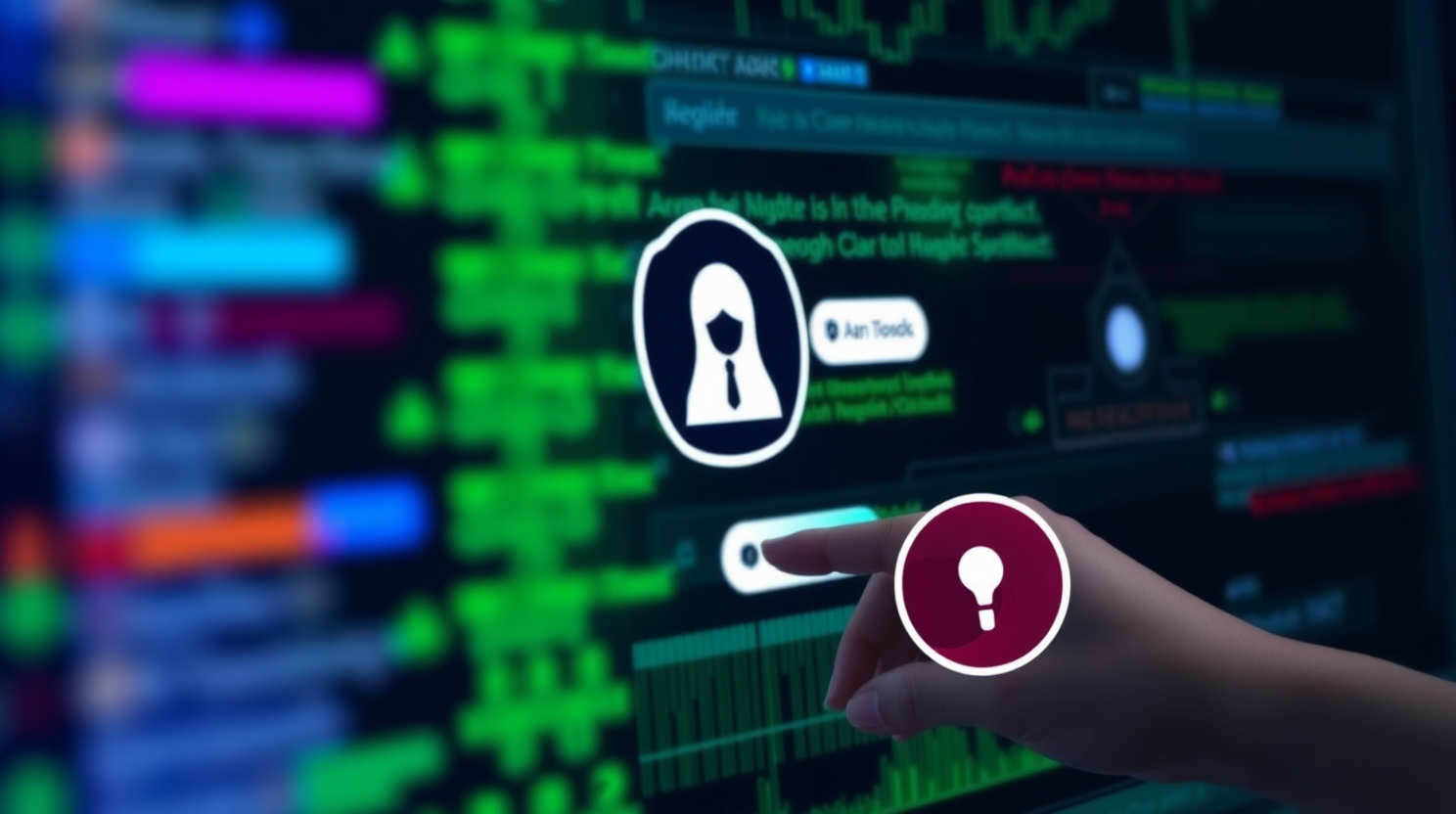Privacy Concerns Spike with UK Age Verification for VPN Providers

Protecting privacy is a continuous endeavor, as evidenced by the surge in VPN usage following the passage of the Online Safety Act. Now, UK government officials are advocating for age verification for VPN providers, a measure that these service providers have resisted due to concerns about data collection.
Trust is paramount when it comes to VPNs, and reputable providers do not log user data. They are privacy tools, after all, designed to keep as little information about you as possible. It’s essential to use a VPN that you trust and one that has been favorably reviewed by independent sources.
This week, we unveiled seven common misconceptions about VPNs that users should discard. We also demonstrated how to utilize a single VPN to safeguard multiple devices, including smartphones, game consoles, and more. However, there are instances when a VPN might not be necessary or may complicate access to certain sites or services. In such cases, split tunneling – a feature that allows you to choose which apps use the VPN and which do not – can be beneficial. All top-tier VPNs offer this feature.
Recently, we reported on a hack of an EV charger that could potentially cause a fire. The alarming aspect is that the hack, initially believed to require physical access to the charger, can now be executed remotely, increasing its threat level significantly.
In other security news, Otter, a transcription tool, has been accused of recording meetings without user consent to train AI. Meanwhile, Apple device users are advised to update their devices promptly due to a new zero-day exploit. Similarly, Microsoft Teams users should watch out for an upcoming update aimed at preventing the platform from being used to spread ransomware.
UK officials, who have been advocating for access to encrypted data in apps like WhatsApp, Signal, and iCloud, have recently backed down on their demand for access to encrypted iCloud user data from American users.
Instagram users may be unaware that the app’s new feature shows their location to friends and followers when they post on their feed or stories. To protect privacy, MalwareBytes provides instructions on how to disable this feature. The feature operates similarly to Snapchat’s “Snap map,” and was introduced as opt-out instead of opt-in, sharing personal data by default.
Users should be cautious of ‘smishing’ attacks, such as the one reported by IT Security Guru, where a text message purportedly from Amazon requests users to tap a link for a refund. Clicking the link redirects users to a fraudulent login page that appears legitimate but is designed to steal credentials.
These types of attacks are becoming increasingly prevalent, and users can avoid phishing scams by not clicking on unexpected emails or messages from companies they do business with. Instead, they should access the retailer’s website directly through their browser before logging in to check for any issues.
Recently, a hacker (or group of hackers) called mydocs breached a booking system used by several hotels in Italy, compromising sensitive data such as passports, IDs, and more for nearly 100,000 individuals. While authorities investigate the matter, users are advised to monitor their bank accounts and credit reports for potential identity theft.
In conclusion, staying vigilant and informed about privacy and security is crucial in today’s digital age. Users should be aware of new features, scams, and threats to protect their personal data effectively.






